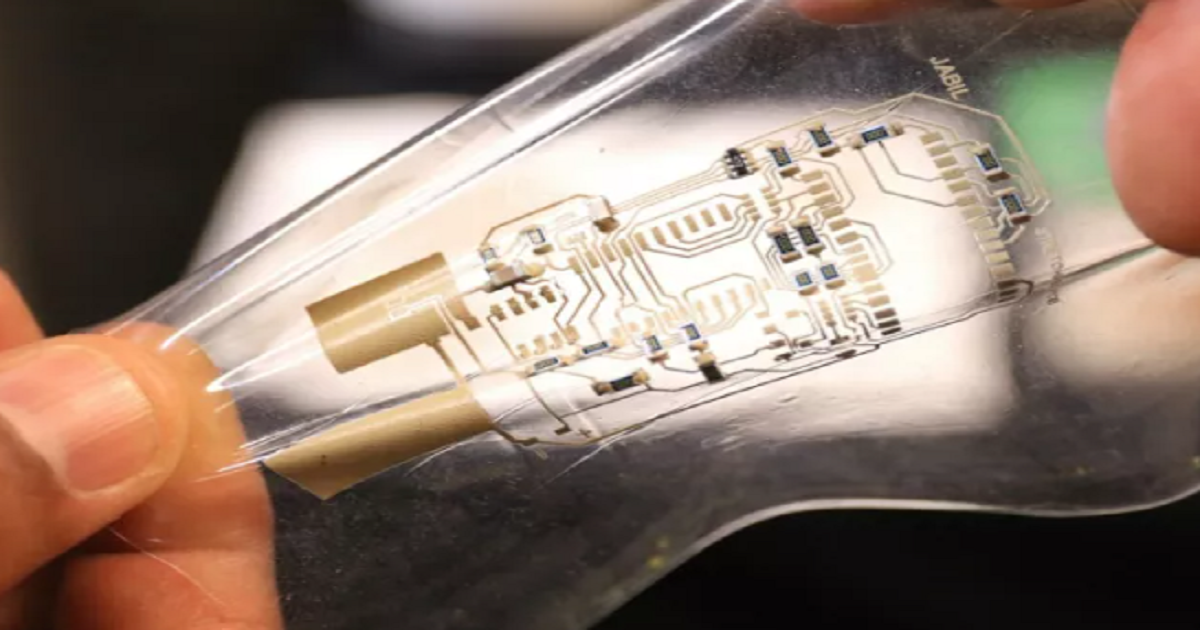Flexible Piezoelectric Transducers and Materials for Energy Harvesting and Sensing Applications
A special issue of Materials (ISSN 1996-1944). This special issue belongs to the section "Electronic Materials".
Deadline for manuscript submissions: 10 January 2026 | Viewed by 742

Special Issue Editor
Interests: piezoelectric materials; flexible electronics; energy harvesting and sensing devices
Special Issues, Collections and Topics in MDPI journals
Special Issue Information
Dear Colleagues,
Recent progress in flexible piezoelectric transducer technology has been nothing short of revolutionary, ushering in a new era of innovation in energy harvesting and sensing applications. The ability to harness mechanical energy from everyday movements and convert it into electrical energy holds immense potential for powering various electronic devices sustainably. This progress has been fueled by advancements in materials science, particularly in the development of novel materials with enhanced piezoelectric properties and mechanical flexibility. Moreover, the synergy between piezoelectric materials and flexible electronics has opened up new avenues for the seamless integration of energy harvesting and sensing functionalities into flexible electronic systems. This Special Issue is dedicated to current research activities in flexible piezoelectric transducers and materials. It aims to provide a comprehensive platform for researchers to share their latest findings and insights into the piezoelectric material design, fabrication, characterization, and application of flexible piezoelectric devices. We welcome both review articles that offer comprehensive reviews of recent advancements and original research papers that present novel concepts, methodologies, and experimental results.
We invite contributions covering a wide range of topics, including, but not limited to, the following:
- Novel materials synthesis and design strategies to enhance the piezoelectric performance and mechanical flexibility of flexible transducers.
- Advanced fabrication techniques for the scalable and cost-effective production of flexible piezoelectric devices.
- Integration strategies for combining flexible piezoelectric transducers with flexible electronics for multifunctional applications.
Applications of flexible piezoelectric transducers in energy harvesting, self-powered systems, health monitoring, human–machine interfaces, and environmental sensing.
Dr. Lin Dong
Guest Editor
Manuscript Submission Information
Manuscripts should be submitted online at www.mdpi.com by registering and logging in to this website. Once you are registered, click here to go to the submission form. Manuscripts can be submitted until the deadline. All submissions that pass pre-check are peer-reviewed. Accepted papers will be published continuously in the journal (as soon as accepted) and will be listed together on the special issue website. Research articles, review articles as well as short communications are invited. For planned papers, a title and short abstract (about 100 words) can be sent to the Editorial Office for announcement on this website.
Submitted manuscripts should not have been published previously, nor be under consideration for publication elsewhere (except conference proceedings papers). All manuscripts are thoroughly refereed through a single-blind peer-review process. A guide for authors and other relevant information for submission of manuscripts is available on the Instructions for Authors page. Materials is an international peer-reviewed open access semimonthly journal published by MDPI.
Please visit the Instructions for Authors page before submitting a manuscript. The Article Processing Charge (APC) for publication in this open access journal is 2600 CHF (Swiss Francs). Submitted papers should be well formatted and use good English. Authors may use MDPI's English editing service prior to publication or during author revisions.
Keywords
- piezoelectric materials
- energy harvesting
- sensing
- flexible electronics
Benefits of Publishing in a Special Issue
- Ease of navigation: Grouping papers by topic helps scholars navigate broad scope journals more efficiently.
- Greater discoverability: Special Issues support the reach and impact of scientific research. Articles in Special Issues are more discoverable and cited more frequently.
- Expansion of research network: Special Issues facilitate connections among authors, fostering scientific collaborations.
- External promotion: Articles in Special Issues are often promoted through the journal's social media, increasing their visibility.
- Reprint: MDPI Books provides the opportunity to republish successful Special Issues in book format, both online and in print.
Further information on MDPI's Special Issue policies can be found here.






